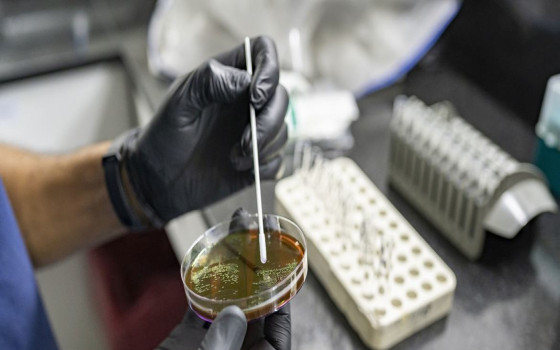
Antibiotic resistance: A health challenge that claims the lives of millions annually..and experts stress the need to raise awareness about its use, especially in conflict areas

- Europe and Arabs
- Friday , 27 September 2024 12:1 PM GMT
Muscat - New York: Europe and the Arabs
Antibiotic resistance has become a huge health challenge that leads to millions of deaths annually, which requires concerted international efforts to ensure the safe and effective use of these drugs and the implementation of effective solutions to prevent the exacerbation of this problem.
This is what health experts confirmed during a high-level ministerial meeting organized by the Ministry of Health in the Sultanate of Oman - in cooperation with the World Health Organization and under the joint sponsorship of Egypt and the Centers for Disease Control - on infection prevention and control and management of the use of antimicrobials in the health sector. According to the UN daily news bulletin, a copy of which we received this morning, which also stated that within the activities of the high-level week of the United Nations General Assembly meetings, world leaders adopted a political declaration on antimicrobial resistance, in which they committed to reducing related deaths by 10% by 2030.
During the ministerial meeting, which was organized by Oman, health experts stressed the urgent need to raise awareness about the wise use of antibiotics, especially in conflict-affected areas such as Gaza and Sudan, where health risks increase due to weak health systems. A pioneering role for the Sultanate of Oman
In an interview with UN News following the meeting, Omani official Dr. Ahmed Al-Mandhari, a former official at the World Health Organization, said that his country has been leading initiatives in this field for years, as it hosted the Third Global Ministerial Conference on Antimicrobial Resistance in 2022 in order to mobilize efforts in the field of infection control and prevention of its transmission. He added that the Sultanate of Oman succeeded in mobilizing these efforts and raising the voice to enhance this aspect..
A platform for raising awareness
Dr. Al-Mandhari explained that holding this meeting as part of the activities of the High-Level Week of the United Nations General Assembly stems from the fact that these meetings are a platform and an opportunity to ensure the continuity of work in raising the level of awareness of community members regarding the use of antibiotics and linking it to the emergence of different microbes that are resistant to antibiotics resulting from the misuse of these drugs.
Antimicrobial resistance occurs when bacteria, viruses, fungi and parasites do not respond to drugs, which leads to difficulty or impossibility of treating infections, and increases the risk of disease spread, severe illness and death.
According to health experts, the issue of antimicrobial resistance is widespread in conflict-affected areas such as Gaza and Sudan.
Dr. Al-Mandhari, who is also the former WHO Regional Director for the Eastern Mediterranean Region, said that this issue represents a major challenge for the Eastern Mediterranean Region, "out of 22 countries in the region, about 10 countries suffer from various types of health emergencies, especially emergencies resulting from political instability, wars and conflicts."
Dr. Al-Mandhari added that this has caused the fragility of health systems and their inability to deal with challenges, including dealing with various microbes, due to the lack and weakness of the health sector infrastructure, as well as other supporting sectors such as the availability of clean drinking water, and methods of dealing with human waste to ensure that epidemics are not transmitted between individuals.
Al-Mandhari called for unifying efforts and continued, saying: This is a collective responsibility not only in countries suffering from these emergencies and the fragility of health systems, but it is a moral and professional duty for all countries and their various sectors.
Dr. Al-Mandhari concluded his speech by saying: I want the Arab community to be aware of the importance of using antibiotics and their wise and safe use, and thus providing resources for other diseases and health challenges and protecting lives, whether within health institutions or within society. This is a duty for all of us as individuals, citizens and societies in the first place, as well as health systems in their various specialties.
Lack of treatment options
UN News also spoke to Dr. Amal Saif Al-Maani, Director General of Disease Surveillance and Control at the Ministry of Health in the Sultanate of Oman, who said that this event aimed to focus on prevention, infection control and proper management of antibiotic use as a fundamental pillar of reducing the spread of antibiotic resistance and its negative effects on societies and individuals. She pointed out that the participants in the event stressed the need to unify efforts and build capacities at the level of all countries and regions in order to enhance prevention and control of infections "because it is the only, fastest and most effective way at the present time to find solutions to prevent the spread of infections and inflammations, especially infections that are resistant to antibiotics and for which there are no treatment options."
Millions of deaths
Perhaps many people are not fully aware of the seriousness of the issue of antibiotic resistance. However, Dr. Amal Saif says that recent reports have shown that deaths directly related to antibiotic resistance in bacterial diseases were estimated at least five million deaths in 2019.
She said that countries have a responsibility to monitor the effects of the size of the problem and its impact on individuals, the global economy, future human development and health systems.
She warned that without finding a solution to this problem, health systems will not be able to provide treatments in the future for a large number of diseases, "and thus we return to the pre-antibiotic era, which increases the spread of epidemics and the deaths resulting from them."
The doctor addressed a message to the Arab citizen about the need to know that "antibiotic resistance has now become an actual problem that is happening and not just a prediction," noting that many people take treatment while they have bacteria or viruses that are resistant to antibiotics. She continued by saying: "The average person must be careful about what he eats and drinks, about cleanliness and basic hygiene, personal hygiene, cleanliness of tools and cleanliness of the surrounding environment to prevent the transmission of this infection to him, whether from the environment, or from one person to another or by eating foods that use growth stimulants that contain a number of antibiotics. The average person must also speak up for his rights, and one of his rights is for governments to pay attention to the issue of the use of antibiotics by non-medical sources and also not to demand prescriptions containing antibiotics if his treatment does not require it."
Gaza and Sudan are two examples
During her speech at the meeting, Dr. Hanan Balkhi, Regional Director of the World Health Organization for the Eastern Mediterranean Region, highlighted the major challenges resulting from attacks on the health workforce and health care facilities, which complicate access to some areas witnessing conflicts with the aim of building the health system. She spoke about the great danger posed by multidrug-resistant organisms due to conflict in areas such as Gaza and Sudan. In Gaza, for example, there is one bathroom for every 3,600 people and people queue for hours to access these bathrooms. There are thousands of displaced Sudanese on the borders of Chad and other countries and there is only one hospital for more than 440,000 people.


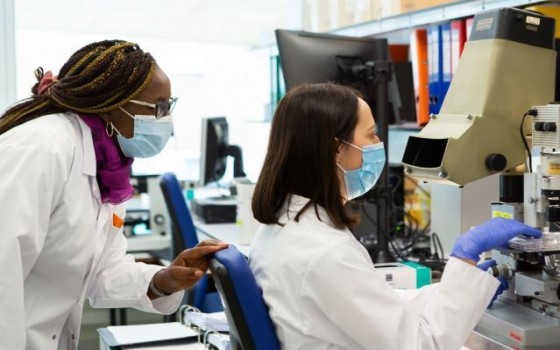
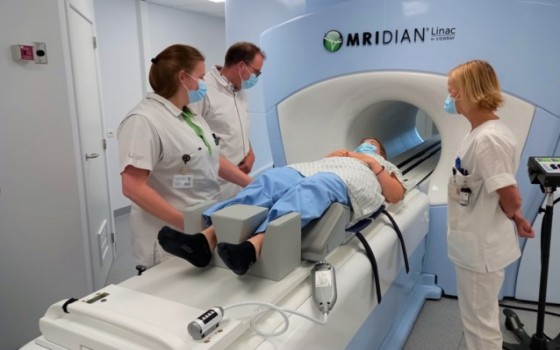

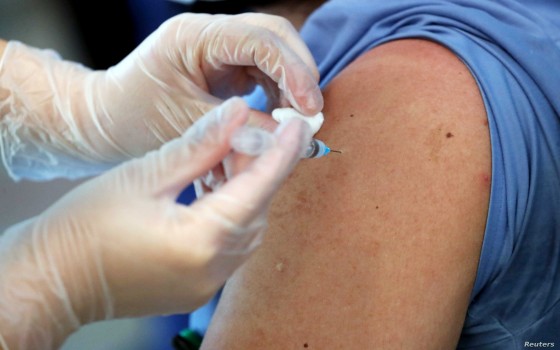
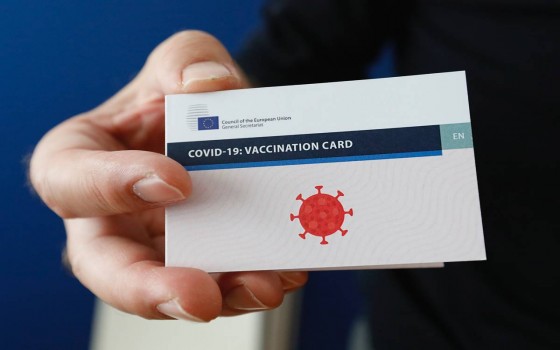


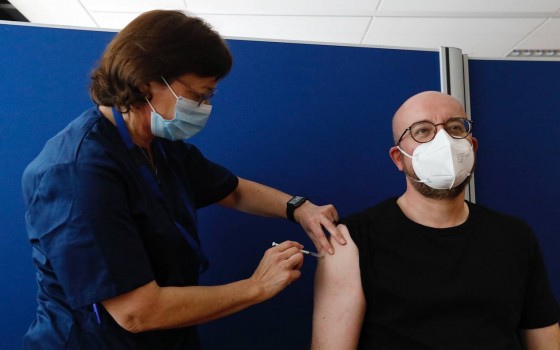


No Comments Found